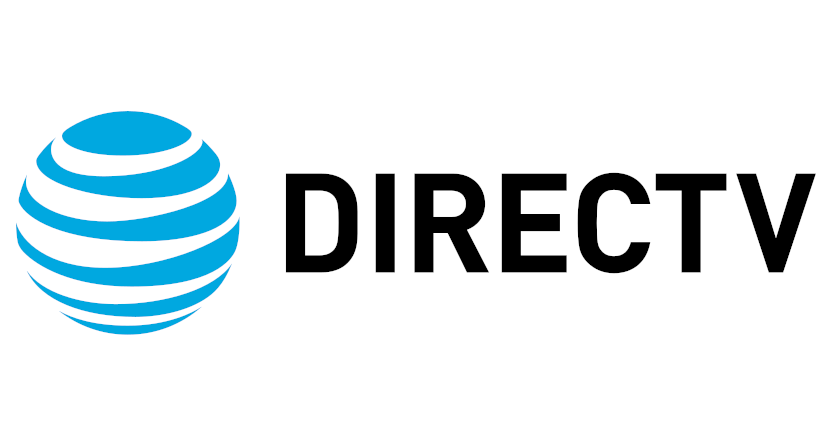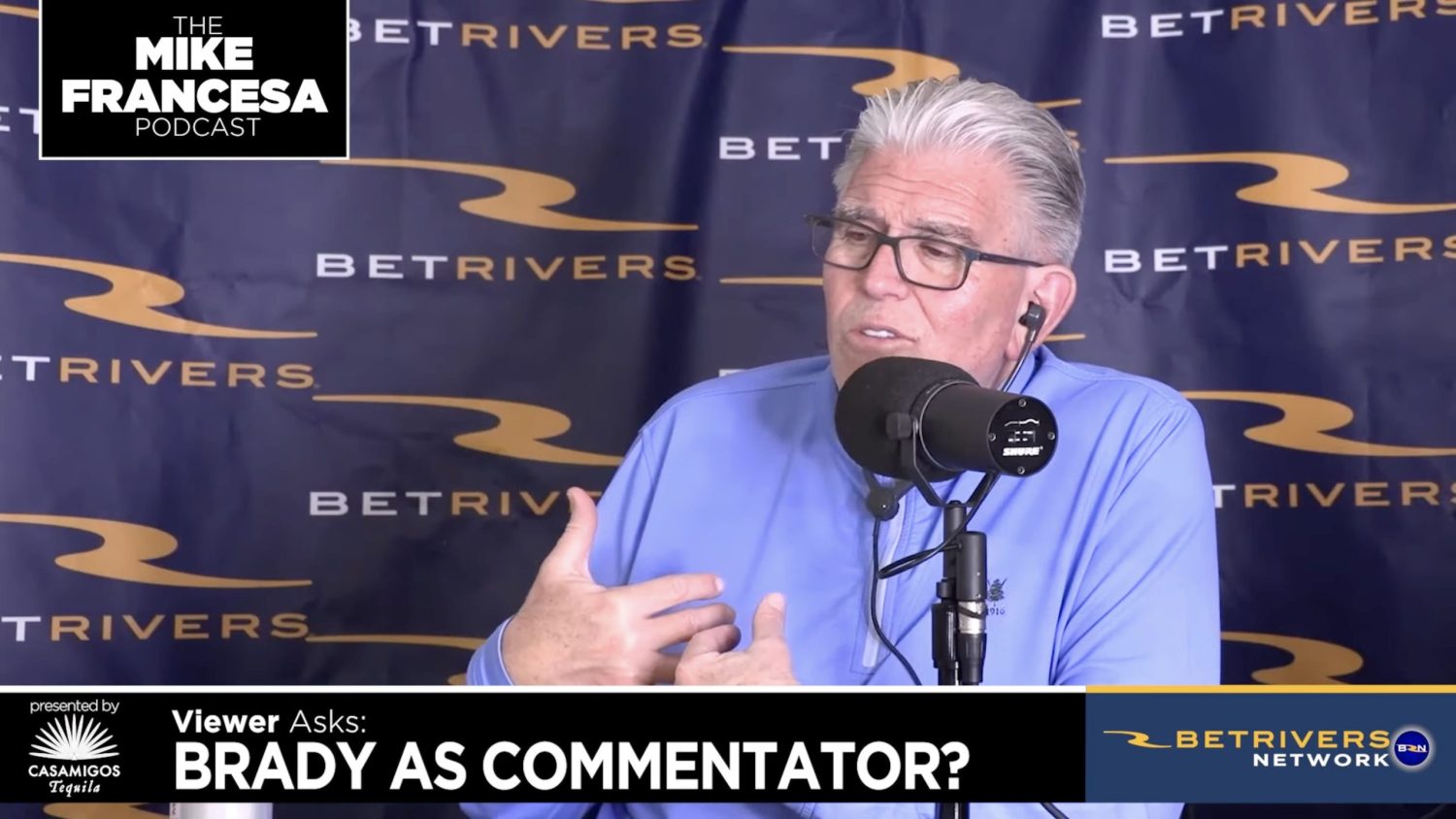There have long been discussions about AT&T selling off DirecTV, which they bought for $49 billion back in 2015. Late last month, those discussions took a twist with the news that AT&T was in exclusive talks with investment firm TPG Capital on this, but that the talks were for a minority stake in a separated DirecTV unit (with AT&T still holding the remaining majority stake) rather than a full sale. Well, that spinoff and stake has now come to fruition, as Cynthia Littleton writes at Variety:
AT&T has set a deal with TPG Capital that calls for the struggling satellite TV provider DirecTV to become a standalone company in which TPG would own a 30% stake.
The sides have been in talks for months as AT&T has sought to find a solution to the problem of DirecTV’s subscriber losses dragging down the company’s overall results. The pact with TPG implies an enterprise value of $16.25 billion, a far cry from the $48.5 billion that AT&T paid for DirecTV in 2015. AT&T will own the remaining 70% of the new entity.
The deal covers DirecTV, AT&T TV and AT&T’s smaller U-verse MVPD service. The new company, to be named DirecTV, will be headed by Bill Morrow, who is CEO of AT&T’s U.S. video series. The new-model DirecTV will be governed by a board of five seats, two for AT&T, two from TPG Capital and one for Morrow.
There are a few notable things about this. First, while “DirecTV” is the largest part of this deal (with 16.5 million subscribers in the fourth quarter of 2020, as per Littleton’s piece), the deal is for AT&T’s entire multichannel video programming distributor (MVPD) lineup, also including their U-verse cable packages and their AT&T TV (formerly “DirecTV Now”) streaming service. Now, this doesn’t mean that those assets will become completely divorced from AT&T’s other operations (including internet and phone packages, content operations through Warner Media companies like CNN, TNT, HBO/HBO Max, the AT&T RSNs, and so on); AT&T still owns 70 percent of this new entity and has 60 percent of the board seats (counting Morrow as an AT&T figure), and it certainly would seem to make sense for them to continue offering internet+TV bundles, wireless+TV promotions, and the like.
But this does mean that AT&T’s MVPD operations (which have faced major problems in the past few years, including giant subscriber losses and repeated carriage disputes) will now get more of an individual corporate structure. That should give them the ability to make more quick decisions outside of the overall AT&T hierarchy. And the partnership here should also give them insight from TPG on what directions to pursue. Those are all elements AT&T CEO John Stankey emphasized in a statement quoted by Littleton:
“This agreement aligns with our investment and operational focus on connectivity and content, and the strategic businesses that are key to growing our customer relationships across 5G wireless, fiber and HBO Max. And it supports our deliberate capital allocation commitment to invest in growth areas, sustain the dividend at current levels, focus on debt reduction and restructure or monetize non-core assets. As the pay-TV industry continues to evolve, forming a new entity with TPG to operate the U.S. video business separately provides the flexibility and dedicated management focus needed to continue meeting the needs of a high-quality customer base and managing the business for profitability. TPG is the right partner for this transaction and creating a new entity is the right way to structure and manage the video business for optimum value creation.”
The latest
- Could NFL see next Saudi sportswashing controversy?
- ESPN and NBA have reportedly ‘essentially come to terms’ on deal that would keep Finals on ABC
- G/O Media sells The Onion to ‘Global Tetrahedron,’ ex-NBC reporter Ben Collins to serve as CEO
- Eli Gold on Alabama exit: ‘You can’t argue with city hall.’
There are a few remaining connections between AT&T proper and MVPD operations. AT&T is maintaining DirecTV’s Latin American operations separately for now, although Stankey said on an investor call that they’re open to a separate sale of those. And while the new DirecTV unit will assume the remaining two years of the NFL Sunday Ticket contract (and could possibly strike a deal to keep it going forward, whether on the current exclusive basis or on a non-exclusive basis, but any sort of DirecTV continuation there is far from assured at this point), AT&T proper will cover up to $2.5 billion of losses from Sunday Ticket for the new company over the next two years. So the main AT&T balance sheet will still have some MVPD items on it, and that’s before they get to any profit or loss from their 70 percent stake in the new DirecTV.
But this spinoff does separate AT&T from DirecTV a bit, and that could have some merits in its own right beyond the cash transfer and the removal of balance sheet liabilities. That Yahoo article notes that the new structure might even make a Dish merger (which has long been discussed, with Dish CEO Charlie Ergen even calling it “inevitable” last year) more palatable to regulators. Whether that would gain approval even under the new structure is up for debate (it would still lead to a whole lot of market consolidation and antitrust concerns), but it’s more of a discussion following this spinoff. That doesn’t seem imminent, with Stankey saying “First, we want to get the leadership team in place and executing well, and then from there we can explore what those second options might be” when asked about consolidation on the MVPD side, but it’s worth keeping an eye on. And this whole move from AT&T is worth watching. We’ll see if DirecTV and the other included MVPD options here do well as a separate unit and reward TPG’s investment, or if the subscriber loss and profitability issues continue to grow.







